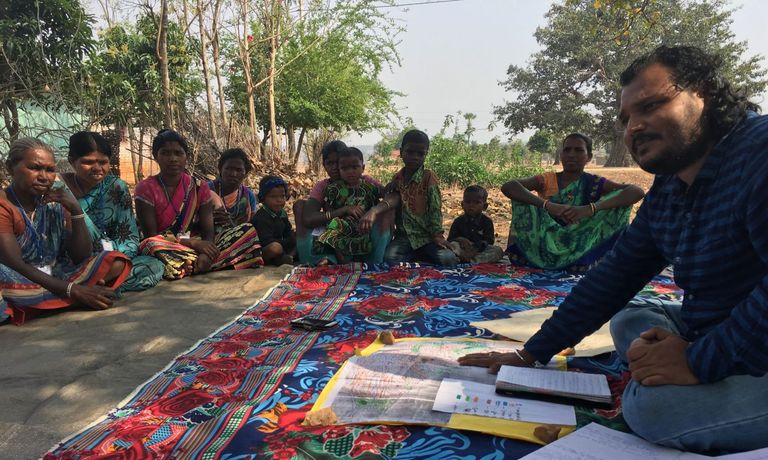Related topics
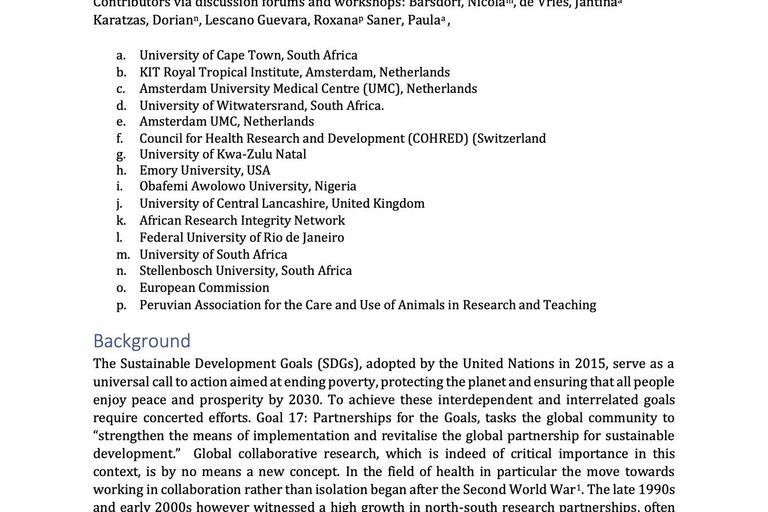
Fostering Research Integrity through the promotion of fairness, equity and diversity in research collaborations and contexts: Towards a Cape Town Statement
The purpose of this draft is to offer a starting point for thinking through the issues at stake and to provide structure for the broader discussion to take place at the 7thWCRI at which this statement is to be formalised. The end goal of this process is to produce a statement that presents systemic and structural values and principles necessary aimed at promoting equitable, fair and responsible partnerships.
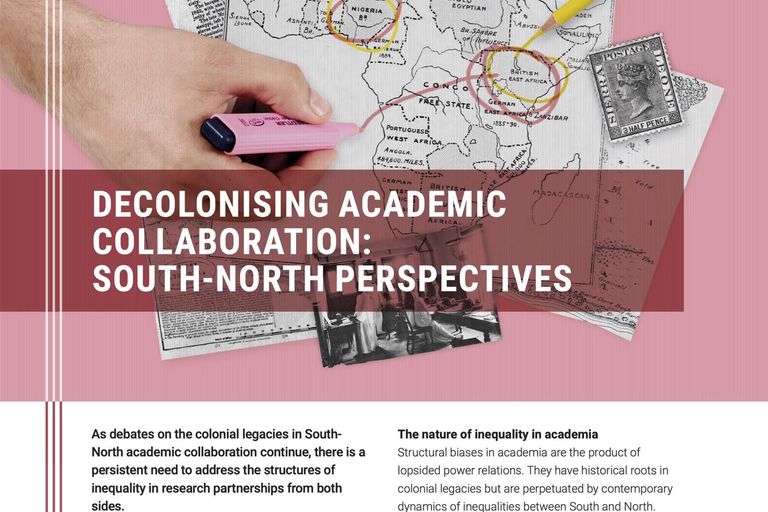
Decolonising academic collaboration - South-North perspectives
Decolonisation was originally intended as a revolutionary concept and approach, but contemporary debates, including in the global North, have arguably mainstreamed the concept of decolonisation. Indeed, one might ask whether the debate on decolonising academia itself has been colonised. This does not make decolonising academia irrelevant. On the contrary, it emphasises the importance of continuous attention to how structural imbalances of inequality are reproduced.
Ethics in Development Research
With this project, an interdisciplinary team of researchers aims to shed light on the dynamics and scope of ethical challenges as they pertain to research staff collecting data in low- and middle-income countries.
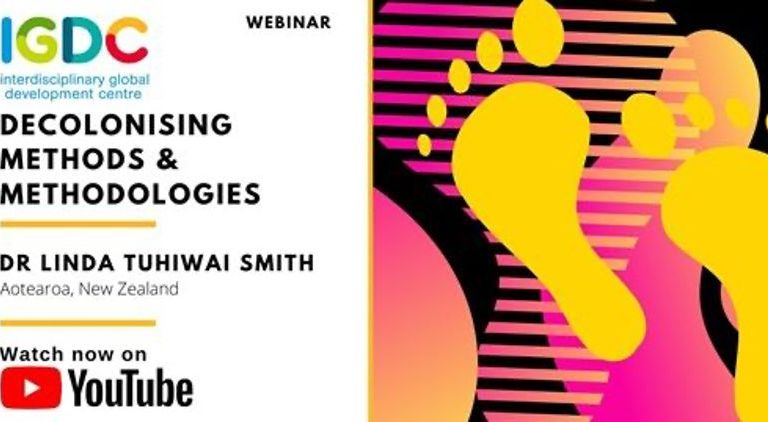
Decolonising Methods and Methodologies - Dr Linda Tuhiwai Smith
In this recorded lecture of the Interdisciplinary Global Development Centre at York University, Dr Tuhiwai Smith discusses decolonising research methods and provides reflections regarding the practical conduct of social science research methods. She talks about how to navigate and resist colonial legacies of knowledge production and resist extractivist models.

Risk dumping in field research: some researchers are safer than others
EADI BLOG by Linda Johnson and Rodrigo Mena
Image: Charl Folscher on Unsplash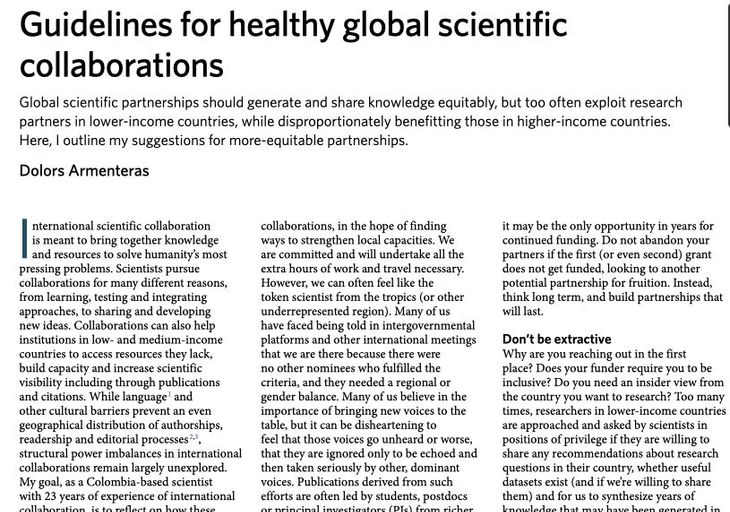
Guidelines for healthy global scientific collaborations
Global scientific partnerships should generate and share knowledge equitably, but too often exploit research partners in low-income countries, while disproportionately benefitting those in higher-income countries. Here, I outline my suggestions for more-equitable partnerships.

